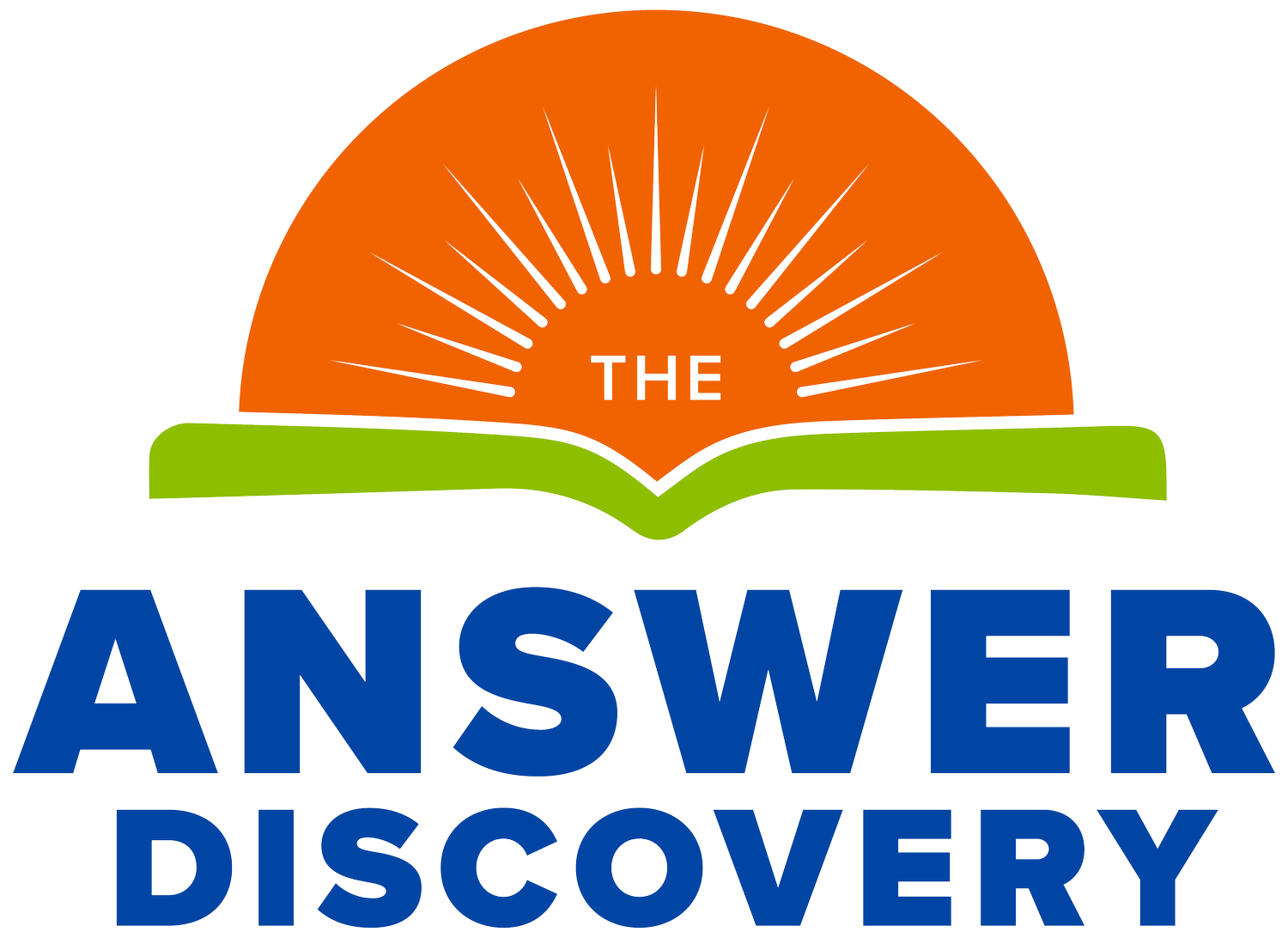The Antidote to Rationalization is Self-Honesty.
We all become experts at some point, but the big question is when. When did you become an expert at rationalizing things? Did it begin early in life? Was it all the way back to pre-school or maybe even before? Who were the people that unknowingly influenced the role rationalization could play in your life? Are there times when rationalization can play a positive role in your decision making? Has rationalization become so commonplace that we don’t even realize when we utilize it and the direct impact it has on our life? Lots of questions… how about some answers?
More than one of my mentors has taught me about being cautious of the negative role rationalization can play in every area of our life. Rationalization can have addictive qualities. As time goes by, it can become so natural for us to utilize rationalization that we don’t even acknowledge the impact it’s having on our life. It can become a “The End Justify the Means” philosophy that embodies a fundamental principle of Consequentialism, meaning it’s an ethical theory suggesting that the morality of an action is entirely dependent of its consequences. Okay…that’s a little deep but think about this…Morality? Ethics? What roles do those two words play in your current life and decision making?
Maybe, a better question is: How often are you honest with yourself? Do you hide behind negative consequences using self-rationalization? Here’s the thing. At this point I could come up with endless rationalization examples to prove my point, but no one is better suited to strike a personal chord with you than YOU. Take a quick journey through your life and start listing the times you allowed rationalization to sway your decision making rather than sticking to the tried-and-true “is it right or wrong” method. The right or wrong method isn’t necessarily easy or fun, nor does it always provide immediate gratification, but it’s simpler and does support us being honest with ourselves when we don’t have to rely on rationalization to make a decision.
Growing up, our brains get training in decision-making. Early on we’re taught how to weigh the pro’s and the cons of everything and make a moral and ethical decision that has us proceeding when the pro’s side is heaviest and not proceeding when the cons side is heaviest. That’s thoughtful analysis. But rationalization creeps into our lives and is powerful. So powerful, we can use it to place our finger on the cons side of the scale to convince ourselves that we actually WANT to make a decision we know is wrong or bad.
So, when does rationalization enter our lives? Is it when we decide that we want to learn for ourselves that touching our tongue to that metal light pole on a 10-degree day might offer more pro’s than cons? All I know is that it happens early in life and is influenced by the people closest to us.
Did your parents always give their best to everything and everyone, go to church regularly, handle money responsibly, work hard at their job, treat all others with kindness and compassion, volunteer, and act neighborly? If so, lucky you. Or did they drink, smoke, gamble recklessly, do drugs, have an affair, or tell lies when it was convenient? If so, you were taught rationalization at an early age. While most people are in the middle of the two extremes I just shared, everyone tends to lean one direction or the other when it comes to rationalization. The difference? Rationalization is utilized to its fullest extent when someone makes a bad decision. In other words, making a decision that may bring harm to themselves and others. People striving to live a moral and ethical life tend to move past the use of rationalization by always being honest with…and this is profound…THEMSELVES.
I’ve said before that the most important conversation we have every day is the conversation we have with ourselves. So, if it’s such an important conversation each day, why in the world would we be willing to utilize rationalization and lie to the person we see in the mirror? It’s illogical, yet we all do it on any given day. If only there were an antidote. But wait, there IS an antidote to the negative use of rationalization. We employ the antidote any time we’re completely honest with ourselves…in every area of our life…with everything that impacts our life.
Sit a spell and ponder the term “self-honesty” for a while. Go ahead. Really! YOU are worth some thoughtful analysis about how self-honesty can point you down a path to living the most fulfilling and wonderful life possible regardless of your current circumstances. Funny, when you’re completely honest during the most important conversation you have every day, you’ll find yourself having less stress and anxiety in life.
Look, if you’ve been guilty of some poor decision-making utilizing rationalization (haven’t we all?), it’s worth hitting the refresh button of life and begin today just being consistently honest with yourself…all the time. Doesn’t cost you a penny and yet can deliver what the maximum return on your effort. Go right now and look in the mirror, smile, and set off on a new journey of self-honesty. It’s the journey of a lifetime. Hey…I Believe In YOU! GiddyUp!
